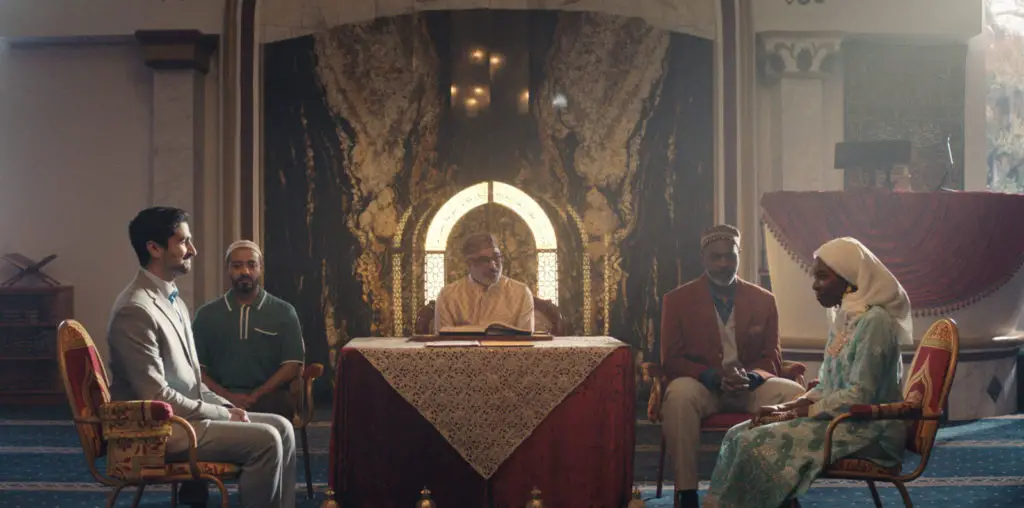
Sure, “Broadcast News” is a relic of the post-feminist 80s, a time when women were moving past burning bras and fighting for the ERA and figuring out how they could become a vital part of our society without sacrificing their femininity. If Holly Hunter’s character Jane Craig had been pregnant in the final scene, I’m sure Dan Quayle would have complained. (Yes, I realize he became Vice-President two years after the film hit theaters, but if the subject had come up, I have no doubt he would have voiced his disapproval.)
Watching the film many years after my first viewing, though, what really strikes me about “Broadcast News” today is director/writer/producer James L. Brooks’ spot-on prediction that news was headed for commodity status. He couldn’t have foreseen the way the Internet would undermine the idea of network news as monolith, but he was well aware that the bean counters were poised with their pink slips, ready to hack and slash budgets no matter what that meant to journalistic integrity.
Of course, Brooks’ commentary on the state of late 1980s TV journalism would have been pointless without the film’s love triangle, which is played in such a wonderfully understated way. We understand Holly’s affection for frequent collaborator Aaron Altman (Albert Brooks) and hotshot newcomer Tom Grunick (William Hurt), but Brooks prefers to let the pot simmer for much of the movie. After all, Holly is an assertive single woman whose career currently comes first, not a breathless debutante wondering who will ask her to the spring formal.
Brooks’ handling of Holly is hammered home in the “James L. Brooks — A Singular Voice” featuerette, which charts his career through TV and film (and back to TV) while noting the evolution of the strong female characters who led up to Holly. It’s a nice piece that made me realize just how big a part he’s been of my life. Brooks — along with editor Richard Marks — also provides an informative commentary track that’s a must-listen for his fans.
The other bonus features include thoughts from journalist Susan Zirinsky, who helped inform Hunter’s character and provided key insight into how TV newsrooms worked, and nearly 20 minutes of deleted scenes that lead off with an alternate ending. Archival featurettes are also included.
Like all of Criterion’s other releases, this one also includes a booklet full of photos and insightful text; in this case, it’s an essay by film critic Carrie Rickey.
